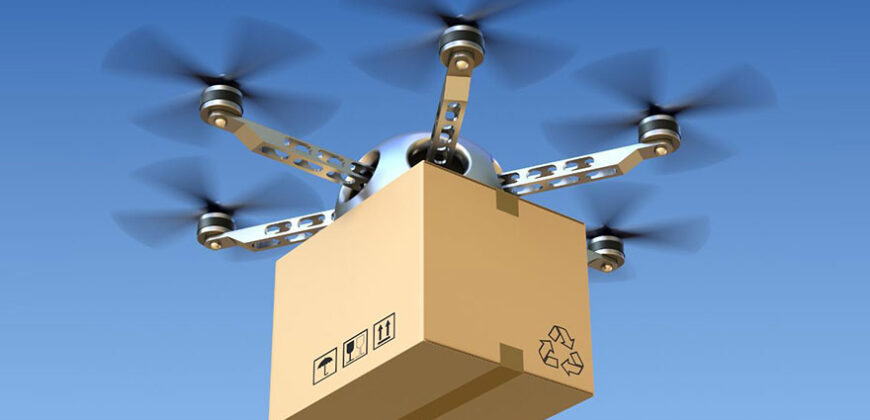Transport Process Video
Shipping and logistics are the backbone of the global economy, ensuring that goods are transported efficiently from one place to another. Shipping refers to the movement of goods from one point to another, typically by sea, air, or land. Logistics, on the other hand, involves the planning, implementation, and management of the movement of goods. It covers everything from inventory management, warehousing, and packaging to transportation and delivery. The key to effective logistics is balancing speed, cost, and quality. Understanding this relationship helps businesses provide timely services without compromising on costs.




